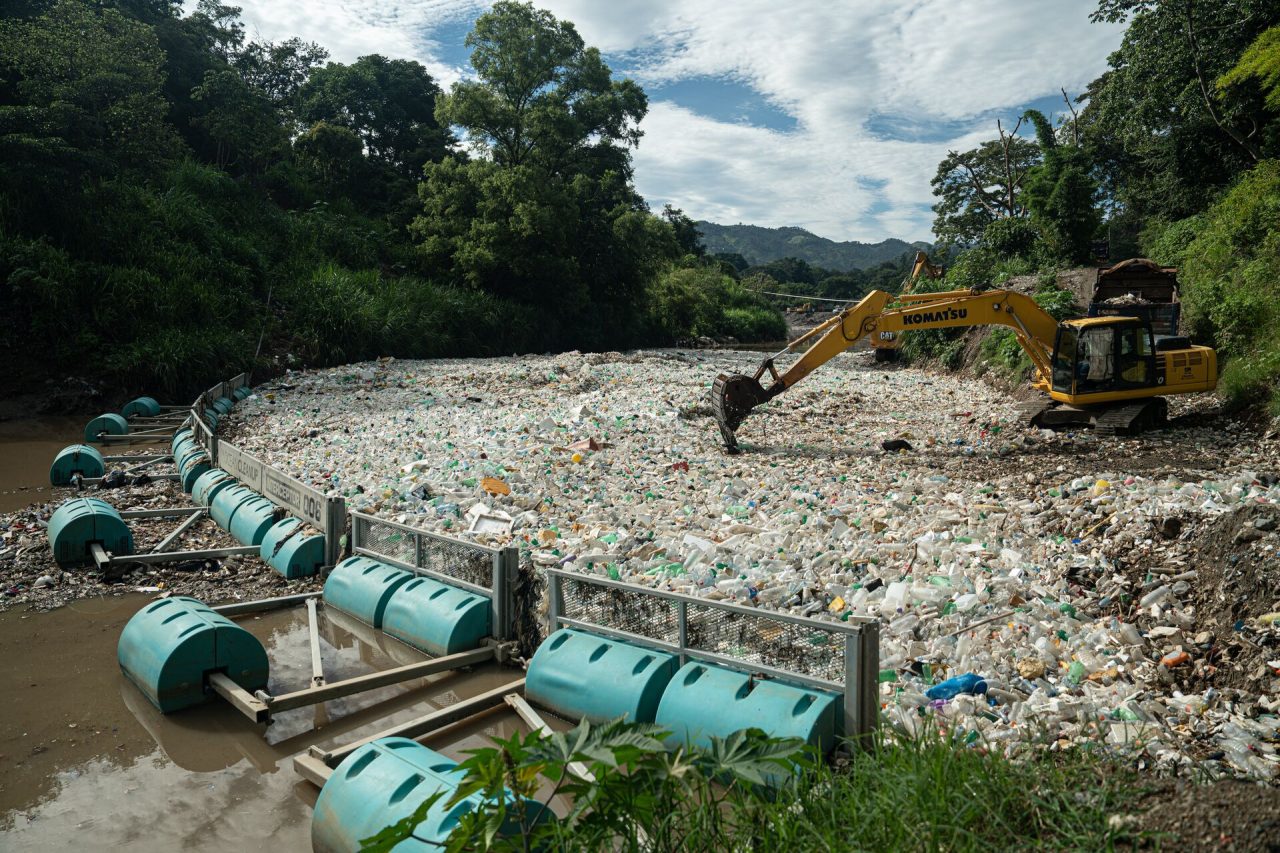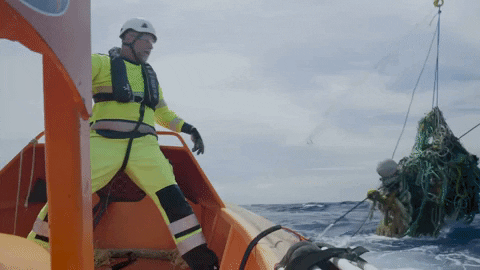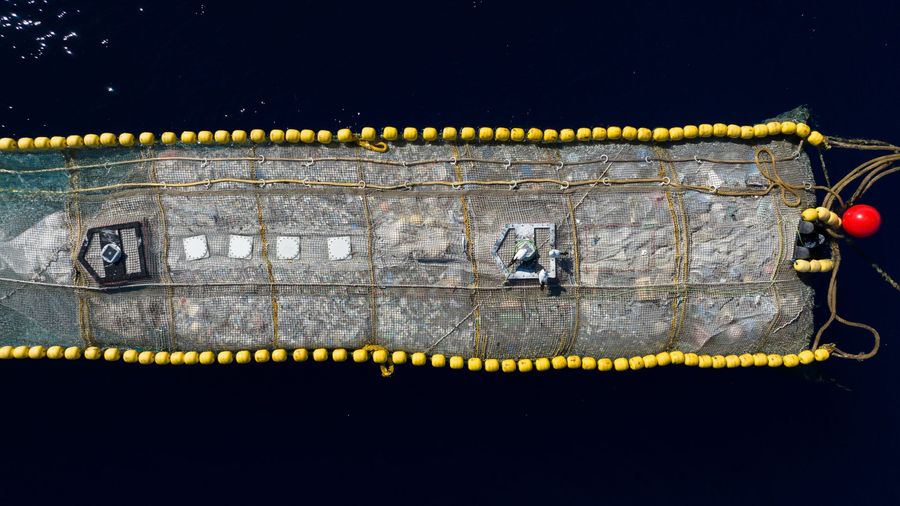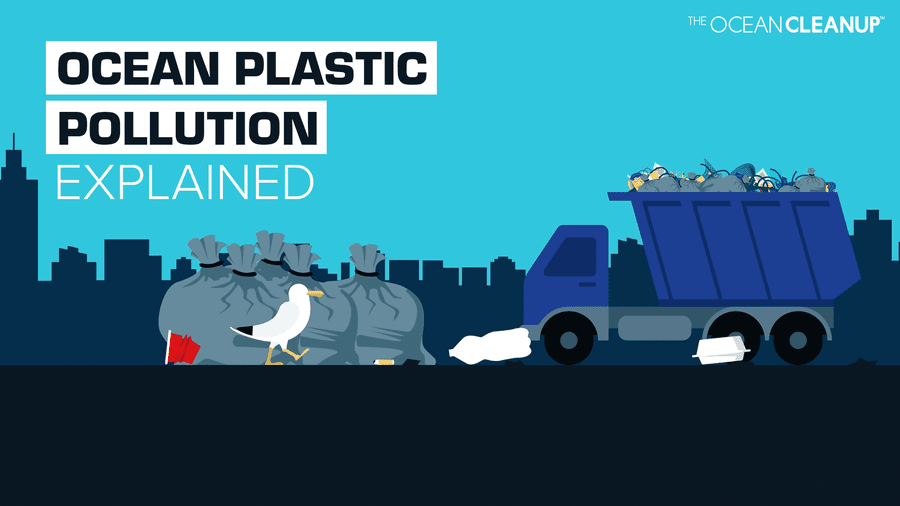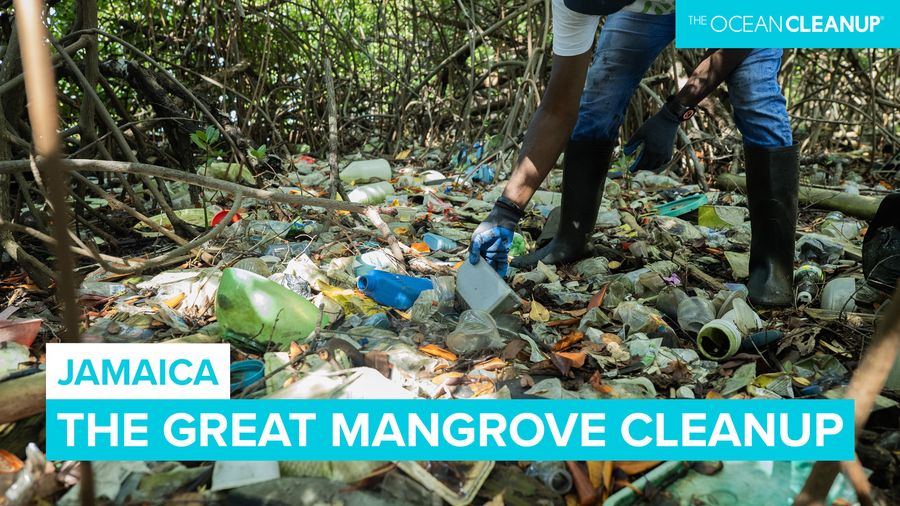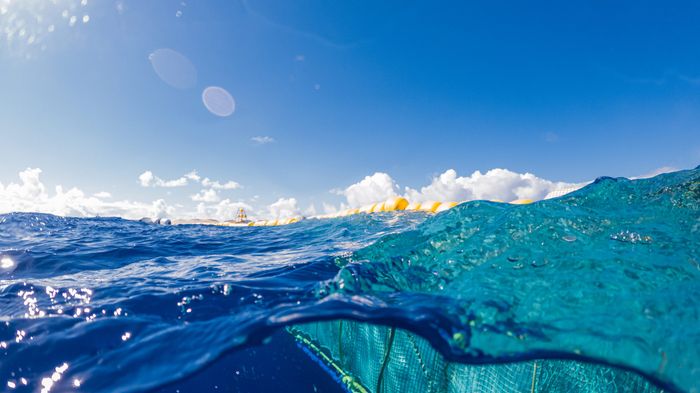
Building momentum for our oceans at the third UN Ocean Conference
Back to updates- The Ocean Cleanup will be participating in Third edition of the United Nations Ocean Conference (UNOC3), co-organized by the Governments of France and Costa Rica, taking place 9-13 June 2025 in Nice.
- UNOC3 offers an opportunity to renew international commitments aimed at advancing sustainability and setting a path towards ocean-based sustainable development. The Ocean Cleanup will be taking part in a number of events in Nice to highlight the need for UNOC3 to deliver on this expectation.
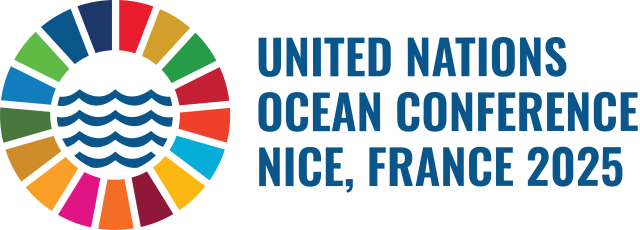
UNOC3 AT A GLANCE: PRIORITIES, STAKEHOLDERS, AND ACTION
Since its inception, the UN Ocean Conference has aimed to mobilize action for the conservation and sustainable use of oceans, seas and marine resources, in line with Sustainable Development Goal (SDG) 14 – recently called ”the least funded of all the SDGs.”
Building on this predecessor, the 2025 UN Ocean Conference centers on the call for “Accelerating action and mobilizing all actors to conserve and sustainably use the ocean.” Governments, international organizations, financial institutions, non-governmental organizations, the scientific and academic communities as well as Indigenous people and local actors will discuss how to accelerate the implementation of SDG 14.
To achieve this goal, the Conference has set three priorities. First, complete the multilateral ocean-related processes required to raise the level of ambition for ocean protection. Second, activate funding for SDG 14 and support the development of a blue economy. Lastly, strengthen and further disseminate knowledge related to marine sciences for better informed policymaking.
Accordingly, three special events will be held in the week leading up to UNOC3, addressing the blue economy, resilience of coastal cities and ocean science respectively. UNOC3 will be the culminating Conference where Member States are expected to adopt, by consensus, a concise, action-oriented declaration, which together with a list of voluntary commitments, will be referred to as the “Nice Ocean Action Plan”.
Furthermore, in a UN summit first, the general public will also have the opportunity to experience UNOC3 at the Green Zone (“La Baleine”) – a free, publicly accessible space dedicated to raising awareness about ocean protection and celebrating marine culture through knowledge and art.
THE OCEAN CLEANUP’S PARTICIPATION
The Ocean Cleanup is delighted to be joining all three special events as well as the culminating Third UN Ocean Conference.
Six of our researchers will present their studies at the One Ocean Science Congress (3-6 June) on topics such as mapping microplastics, how cleanup enables systematic change, citizen science, and the net environmental impact of cleaning in the North Pacific Garbage Patch.
At the Blue Economy and Finance Forum (7-8 June) our Director of Public Affairs, Policy and Blue Finance will join a panel on Tackling Plastic Pollution and Promoting Circularity with Finance, co-organized by the United Nations Environment Programme Finance Initiative (UNEP FI) and the Paris Sustainable Finance Institute (IFD). Finally, we will have several team members present to listen to the concerns of coastal cities during the Ocean Rise & Coastal Resilience Summit (7 June).
During UNOC3, The Ocean Cleanup will host a side event featuring a high-level, cross-sectoral panel discussion about the tangible impact of river cleanup initiatives on cities’ resilience and biodiversity protection.
To find out more about The Ocean Cleanup events at Nice and to register to attend please email: globalaffairs@theoceancleanup.com.
CONCLUSION
UNOC3 may not lead to binding commitments, but we believe it will affirm the world’s recognition of the importance of sustainability and, in particular, ocean health. Whether it will set a path towards ocean-based sustainable development will highly depend on the Member States’ willingness to renew and, ideally, strengthen their commitments to SDG 14. Stay tuned for the outcome.
Onwards to UNOC3!
– Patricia Ortuño Camacho
